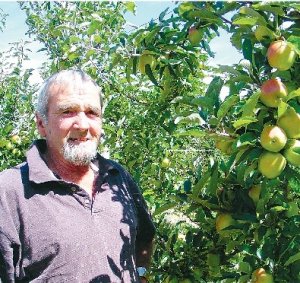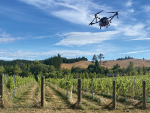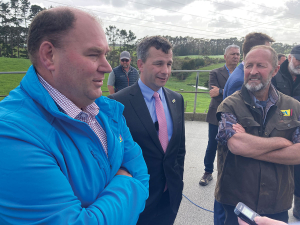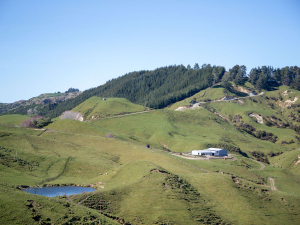BUSINESS CAN'T get much tougher for Nelson apple growers, and if it does, many of the older ones will quit rather than burn their equity.
Growers and Pipfruit New Zealand told Rural News the hard times in Europe, and the euro at a record low against the kiwi, mean Nelson apples will make their growers little money – if any.
And they cannot simply switch produce into Asian markets; these demand different varieties, and changing takes about three years.
Pipfruit New Zealand chairman Ian Palmer says it's "dire". Three years of losses are now compounded by recent bad weather and a difficult growing season; late and prolonged flowering will affect fruit volumes, size and quality. Many growers now face the dilemma of losing more money or quitting.
"What we are experiencing now is unprecedented. Normally we will have some difficult seasons then a good one in the middle to balance things out, but unfortunately this time we haven't had that good one. At the current exchange rate we are definitely looking at a difficult year.
"If returns don't improve it is inevitable some growers with high debt levels will go under. With the kiwi dollar at 62c against the euro – compared with 55c last year – there is no way growers can make any money; they are losing $6-7 per carton just in foreign exchange."
Palmer is urging growers to talk to their exporters about the risk of exporting to Europe versus sending at least part of their crops for processing, to take advantage of a higher fixed-contract price offered by Enzafoods this year.
"I think they have to analyse their crop and where it's going and see if there is a return in doing so."
Alan Rowling, Mariri, a grower for 40 years, faces the "toughest economic conditions... in all his years in the business".
"The industry has always had its ups and downs [in] prices and you need the odd good year to pull you through but that hasn't happened for a few years.
"We're trying to get a lot more into the Asian market but it takes time; there is a lot of expense changing varieties and it doesn't happen overnight, it takes two or three years. "Growers are in a bind because the equity they have built up has been eroded over the past few years and they have little capital to reinvest in planting new varieties better suited to Asia.
"And many growers are getting older – there aren't so many young guys in it now. A young guy will fight and fight to survive but an older person will say, 'well I'm just burning up my equity and I may as well get out now'."
Palmer agrees, saying most growers have little money to redevelop and must now maximise what they grow, which in Nelson region are European varieties.
"It's a case of getting through this season; farmers are resilient people, our horticulturalists in particular."



















